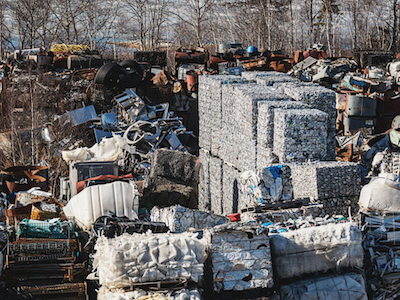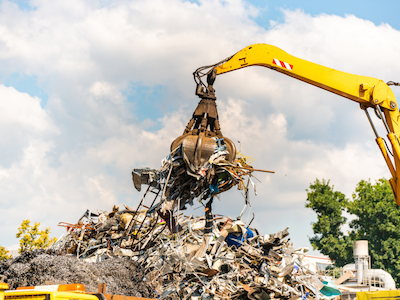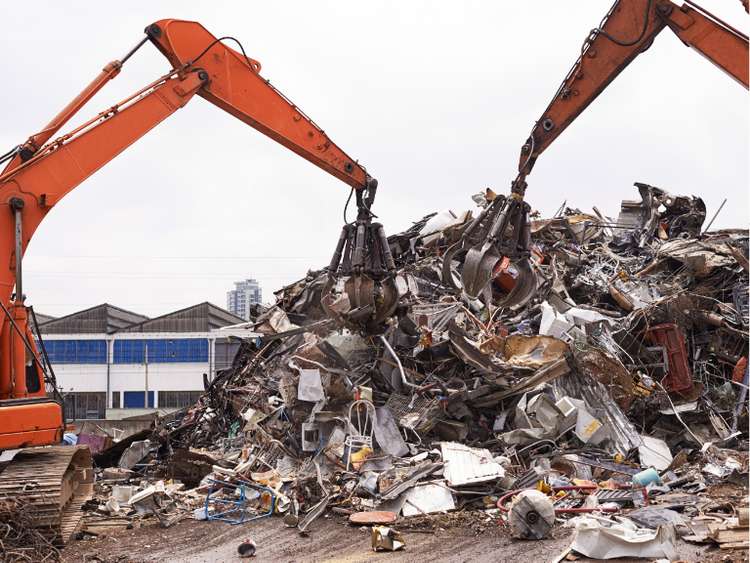Scrap Processors
August 23, 2022
Trinidad and Tobago scrap ban leads to arrests
Seven people working in the scrap industry were detained as police and soldiers intervened to break up three days of road blocks and protests in Claxton Bay, Trinidad, against a temporary prohibition of scrap exports. The government’s motive is to crack down on theft, primarily of copper and cables.
The ban is intended to be short term while the government devises a legislative framework to regulate the scrap industry. That will hopefully happen before 28 February so the full duration of the curb will not be needed, attorney general (AG) Reginald Armour has said.
“We are hungry out here,” said scrap iron worker Daniel Joseph. The Trinidad Express newspaper reported him as claiming the ban would result in financial disaster among thousands of workers who would be left without a source of income. Some would be forced into poverty and deprivation.
“Men have rent to pay … the landlord will not want to hear for the next six months. They want us out of the place and right now we have no employment.”
He also said: “[There are] men who needed money to purchase vans and maybe they took out a loan. A loan would not wait for the next six months.”
Joseph said all he and his fellow workers were asking was the chance to earn an honest dollar, especially in the current economic climate when it is not easy to find alternative employment.
Criticising the heavy police presence, he added: “Hungry people are angry people. Trust me, you don’t want to have a hungry mob in your hand.”
The state should reconsider its move because of the escalating crime and poverty facing communities, said local resident Kenroy Dopwell.
He questioned if the authorities are really thinking about how people are impacted. “All the government is doing is creating more crime. The pressure of daily living is falling on the population …
“I am appealing to AG Armour to look out for poor people and their children. People need the scrap iron hustle. They convert it to turn into wealth. Have a heart for poor people,” he said.
The government imposed the export ban after an increase in thefts of public infrastructure, including copper and fibre optic cables worth millions of dollars from telcom TSTT which have left tens of thousands of customers without telephone and internet services. Copper and batteries have been stolen from the National Gas Company, copper cable and antennas from a radio station as well as government-owned I-beams and steel poles.





